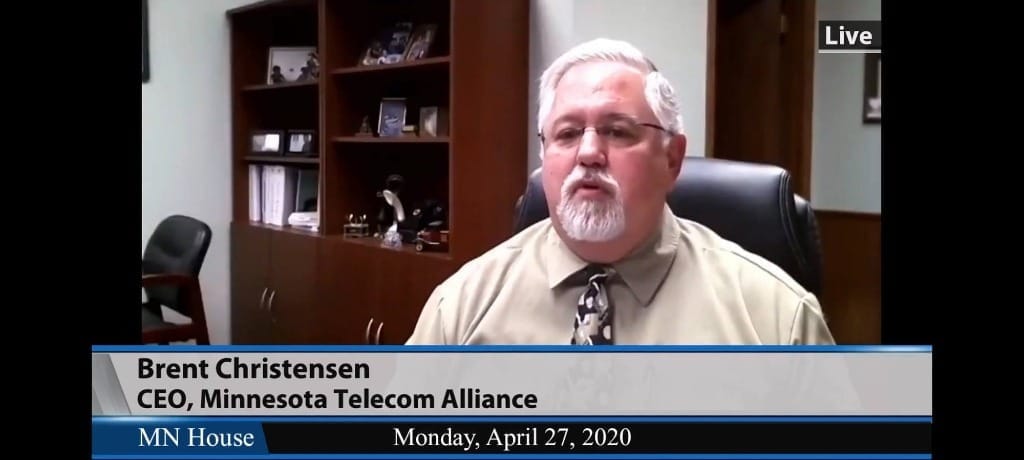Minnesota Providers Not Participating in BEAD Program
Telecom alliance struggles to gauge members' waiver needs and overall interest.
Jericho Casper

WASHINGTON, Dec. 2, 2024 – Minnesota is set to receive an historic $652 million for broadband expansion, but key requirements of the Broadband Equity, Access, and Deployment program could keep many in-state internet service providers from participating.
“My members are telling me they’re not going to participate,” Brent Christensen, president and CEO of the Minnesota Telecom Alliance, recently said with regard to the $42.45 billion broadband expansion program. “The way that BEAD is structured. I don’t know how anybody’s going to participate.”
Christensen, whose organization represents 70 ISPs across Minnesota, told Broadband Breakfast in an interview that many members have been reluctant to even engage with the program.
“I’ve had a hard time getting them to respond to my survey request for what waivers they would need, because they’re looking at [BEAD] on its face, and saying, ‘Yeah, not doing that,'" he said.
The waivers, offered by BEAD’s administrator, the National Telecommunications and Information Administration, were intended to provide flexibility for providers struggling to meet certain requirements, such as the lien mandates and low-cost service obligations. However, Christensen said the process of requesting waivers has itself become a significant barrier.
"Who in their right mind would spend tens of thousands of dollars engineering a plan that’s dependent on waivers? I mean, it just—that’s really the biggest showstopper I’ve been hearing,” Christensen said.
One of the biggest hurdles is Minnesota’s prevailing wage law, which applies to state economic development grant awards of $200,000 or more.
"Minnesota put a law in place this past year that if you don’t, on any broadband construction project, pay prevailing wage, you have to do all kinds of other onerous requirements,” he explained. These include providing health care for employees and their families, and contribute 15% of their base pay to retirement.
MTA, alongside the Minnesota Cable Communications Association, has warned since May that such requirements could drive up costs and discourage participation in BEAD.
“We can't get my members to care enough to even look at it,” Christensen said, adding that even the MTA’s largest member, CenturyLink (now Lumen), has given “no feedback at all.”
Other members, such as Paul Bunyan Communications, Bevcomm, and Red River Communications, reflect the unique challenges faced by MTA’s smaller providers.
Paul Bunyan serves approximately 30,000 members across a vast 6,000-square-mile region in northern Minnesota, while Bevcomm operates in rural southern Minnesota communities, focusing on fiber-optic and advanced telecommunications services.
Red River Communications, headquartered in Abercrombie, North Dakota, provides broadband to communities along the Minnesota-North Dakota border. Many of these providers serve remote areas with small customer bases, sometimes as few as 200 households.
Consequently, the funding may likely to flow to larger, out-of-state providers, which Christensen predicts will “not participate in the places that need it most, because they don't have any networks in that area now.”
Without adjustments to ease these challenges, Christensen believes the program risks leaving Minnesota’s most underserved communities without the broadband access they were promised.











Member discussion